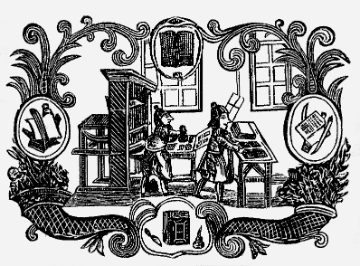CONFERENCE FEE IS £80 for TWO DAYS. BOOKING IS NOW OPEN HERE
Organised by the University of Newcastle, this conference is sponsored by Print Networks and the Centre for Printing History & Culture.
This conference at Newcastle University considers the British or Irish book trades locally, nationally or in their global perspective, including comparative perspectives. It addresses questions such as how has research on these trades’ histories developed and advanced, or not, in the past two decades? How has an emphasis on valuing the local, the specific or the seemingly minor been taken up in studies of the book trade? How do such interests sit with the expansion of book trade research into ever larger data-sets and/or within national and global print histories? What are the key social, political and/or technological questions scholars of the book trade are now grappling with? In what fresh directions must the study of the trades now strike out?
PROGRAMME OF SPEAKERS
TUESDAY, 9 JULY
PANEL ONE (9.30-10.30) Politics in/and the Print Trade
Kate de Rycker (Newcastle), “Danter’s gentleman”: Thomas Nashe and the precarity of cheap print”
Maria Zukovs, (St Andrews), “Beyond the United Irishmen: a view of the French Revolution from the Dublin press, 1789-1794”
PANEL TWO (10.45-11.45) Radical Work
Fionnghuala Sweeney (Newcastle) The unfinished business of freedom. Slave narratives, surfeit and the British Northeast in antebellum Black Atlantic Print culture
Andrea Lloyd (BCU) ‘An indissoluble unity’: considering the relationship between outward influences and the design of Birmingham’s radical newspapers 1815-36
PANEL THREE (12.15-13.15) The Marketplace of Print: Advertising, Promotion, Demand
Bethan Elliott (York) “None… took any notice of it’: Publication and the Promotion of Romantic Drama in Print”
Karen E McAulay, (Royal Conservatoire of Scotland) ‘Music for All’: the Rise and Fall of Scottish Music Publishing, 1880-1964
PANEL FOUR (14.15-15.45) Advancing the Study of Women in the Book Trade
Emma Sibbald (Queens’ College, Cambridge) [online] "A servant's receipt for the world": women wagoners and the antiquarian book trade at the Bodleian Library, 1690-1720.
Joanne Butler (Keele), “Locating women booksellers in eighteenth-century regional England”
Charley Matthews (Edinburgh), “Geraldine Jewsbury’s labour as a nineteenth-century “publisher’s reader”
KEYNOTE ONE (16.15-17.15)
Ruth Frendo (Stationers’ Company)
WEDNESDAY 10 JULY
PANEL FIVE (9.30-11.00) Towards New Understandings of the Networks and Power Structures of the Early Modern Book Trade
Sam Bailey, Sorority, spycraft, and sodomy: Collaboration and the erotic book trade in eighteenth-century London
Beth DeBold, A house divided: the internal conflict of the Stationers’ Company.
Matt Ryan, ‘Unquiet spyrittes’: Martin Marprelate and communal strategies of resistance.
ROUNDTABLE (11.30-12.30) Advancing the Study of North East Print
Helen Williams (Northumbria), Barbara Crosbie (Durham), Kirsten Gibson (Newcastle)
KEYNOTE TWO (13.30-14.30)
Joseph Hone (Newcastle), “How to Smuggle Books into Eighteenth-Century Britain”
PANEL SIX (14:45-15.45) Unconsidered Forms
Roseanna Smith (BCU), “A book by any other name? Nineteenth-century trade catalogues as a unique format of print”
Holly Day (York), “Selling the Memorandum Book in Eighteenth-Century Britain: Bibliographic Trends and the Mechanics of the Trade”
PANEL SEVEN (16.15-17.15) Technology and the Print Trades
Ian Dooley (Institute of English Studies, UCL), “Chemical Color: Evidence for 'Coal-Tar' Pigments in British Printing Ink, 1860-1900”
Helen S. Williams (Edinburgh Napier), “Newspapers, timetables and “the world’s first comic”: the nineteenth century print trade in Glasgow”

